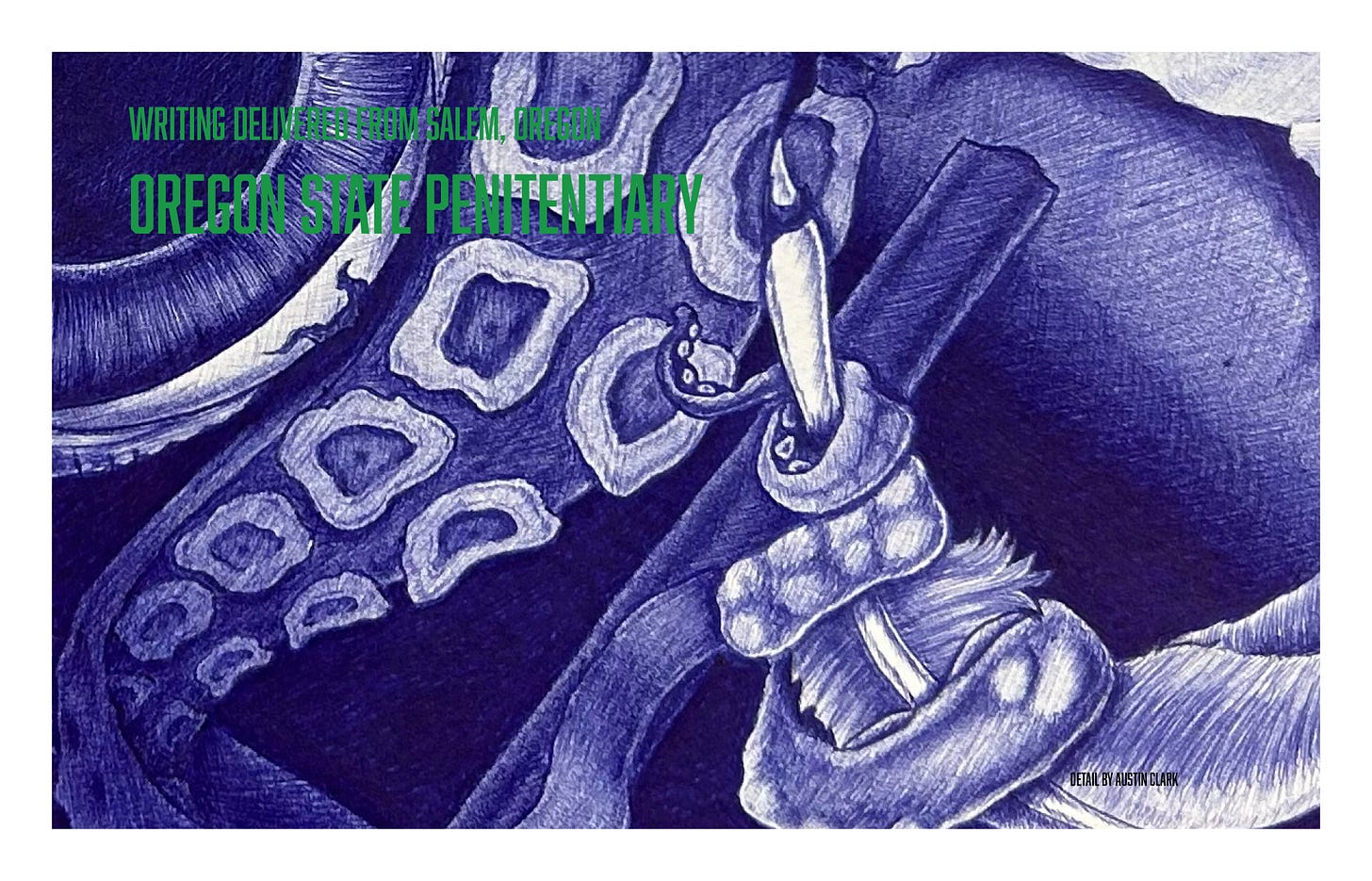I was born the great-great grandson of Ida B. Wells-Barnett who was a writer, and ran a Black newspaper in Memphis, Tennessee. In 1892, Sarah Garnet and a number of prominent Black women raised funds to replace the destroyed presses of my great-great grandmother’s newspaper after it was destroyed by a white mob that wanted to shut her up. So, I am sure all of us come from royalty and a bloodline of greatness. Many of us, like myself, didn't ever know it. The more I read and research my bloodline, I realize that my forefathers and mothers did so much for me to do better than I have been doing in my life. My goal is to break down Kwanzaa into an acronym and write about some “Black Firsts.”
Kwanzaa's, annual holiday affirming African family and social values is celebrated primarily in the United States from December 26 to January 1. Both the name and the celebration started in 1966 by Maulana Karenga, a professor of Africana studies at California State University in Long Beach, California.
K
The K represents Kennedy. Yvonne Kennedy, who was born in 1945. In 1981, she became the first Black woman junior college president; she took the position at S.D. State Junior College (Now Bishop State Community College) in Mobile, Alabama. She received her Ph.D. degree from University of Alabama, and also served as a member of the Alabama House of Representatives, where she chaired the Black Caucus.
W
The W represents Williams. WDIA in Memphis, Tennessee a white-owned radio station, became the first to have all-Black programming. The station hired Nat D. Williams, who became the first Black disk jockey in the South, and the first Black announcer in the South to play popular rhythm & blues records on the air. On October 21, 1948, the station launched "Tan Town Jamboree," its first Black show. Memphis became a center for blues broadcasting. Blues Boy "B.B." (Riley) King was on WDIA with his band.
A
The A represents Alexander. In 1979 Joyce London Alexander, was the first Black American U.S. Judge in the District of Massachusetts. Alexander was educated at Howard University and New England Law School.
N
The N represents Nat Turner. In Southampton County, Virginia, on August 21-22, 1831 the enslaved Nat Turner led a revolt that was crushed, but only after Nat Turner and his fellow killed some sixty white enslavers and threw the South into a panic. After hiding out, Nat Turner was captured on October 30, 1831 and hanged November 11 in Jerusalem, Virginia. Thirty other slaves were also executed by hanging along with Mr. Turner. John Brown, of European decent, lead another revolt against slavery after helping Nat Turner in 1831. Twenty-eight years later in 1859, John Brown led the raid on Harpers Ferry, Virginia which led to his execution on December 2 of that year.
Nat Turner, and John Brown were born in 1800, a few months apart on the same plantation in Virginia and became childhood friends and remained loyal to one another. They were influenced by the same belief system that drove Nat Turner to revolt. John Brown lived by a principle that anyone who would enslave another human being had forfeited their right to live. One of his favorite sayings, "Fight for freedom at any cost.”
Z
The Z represents Zenith Books. Charles F. Harris born 1935, was an editor at Doubleday, and established Zenith books, the first series to present minority histories for the general and educational markets. A graduate of Virginia State College in 1955, Harris worked for Doubleday and Random House before joining the Howard University Press in 1971.
A
A represents Albert Abrams. In 1988, Albert Abrams was the first Black general manager and vice president for organizational development of Greater Macon (Georgia) Chamber of Commerce. He is believed to be the only Black person to hold such a position in the south at that time.
The last A
is all about "US". This last "A" should come to no surprise that all of us should seek out our blood line. All of us come from greatness, and all of us has greatness in us. I do not know if it's going to work for any of you like it has for me, but once I realize who my great-great grandmother was, I started feeling my greatness and realizing that I cannot let her down—or let myself down.
Remember all the blood our forefathers, and foremothers lost so we could get an education, be treated fairly, and become healthy citizens in American and experience what equality looks like for all. Let's act with self respect for them and for ourselves. We can accomplish anything that will lead us into our full greatness. Our forefathers, and mothers laid the foundation for greatness. Let's pick up the torch and keep their dreams alive, so the next generation will take the dream farther. They went that extra mile for us to have these opportunities, and now it's up to us to finish the race and to fight for equality for all. | JS
EDITOR’S NOTE: THIS PIECE WAS ORIGINALLY PRESENTED AT THE 2022 UHURU SASA CLUB KWANZAA CELEBRATION AT OREGON STATE PENITENTIARY.

